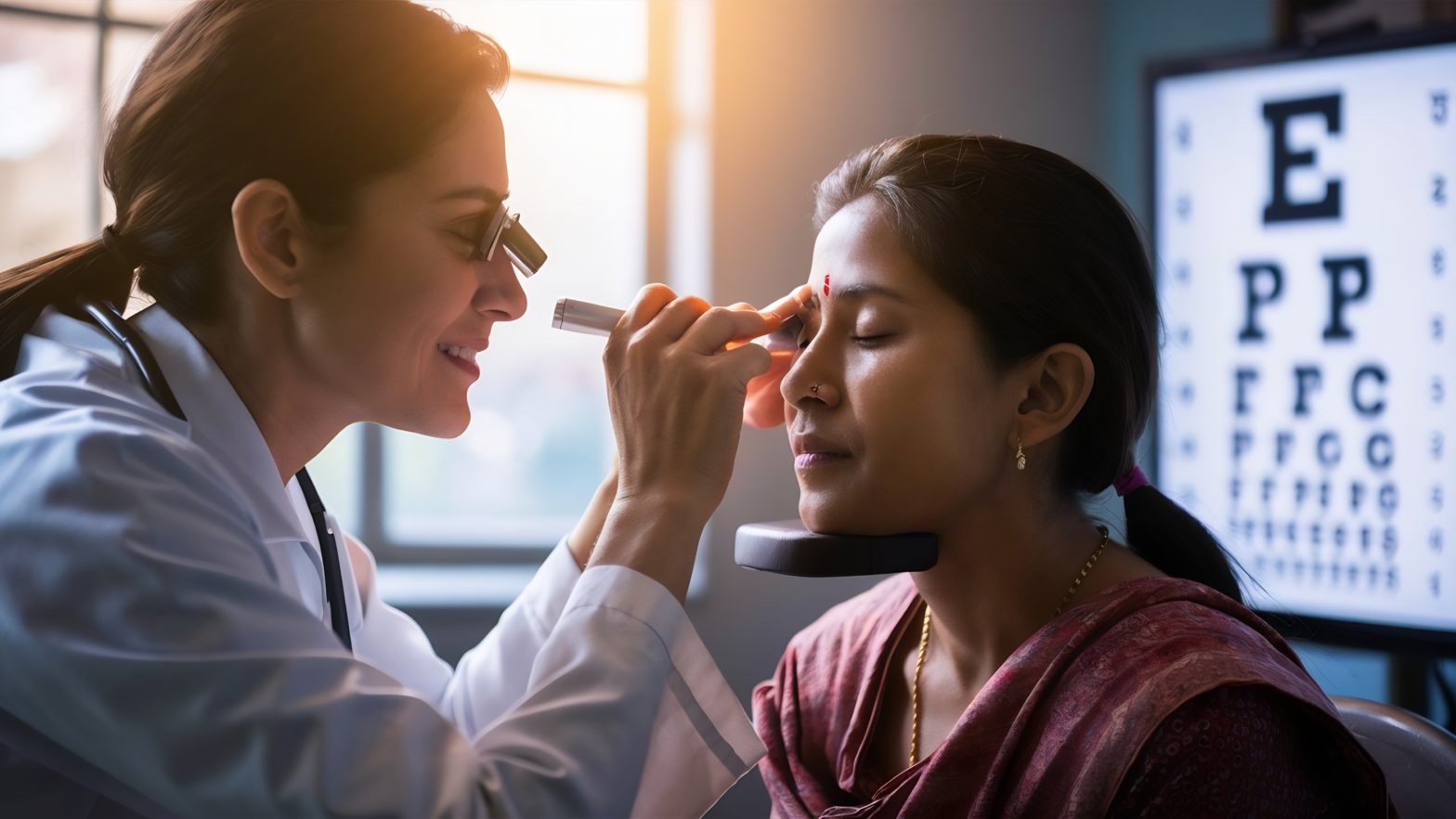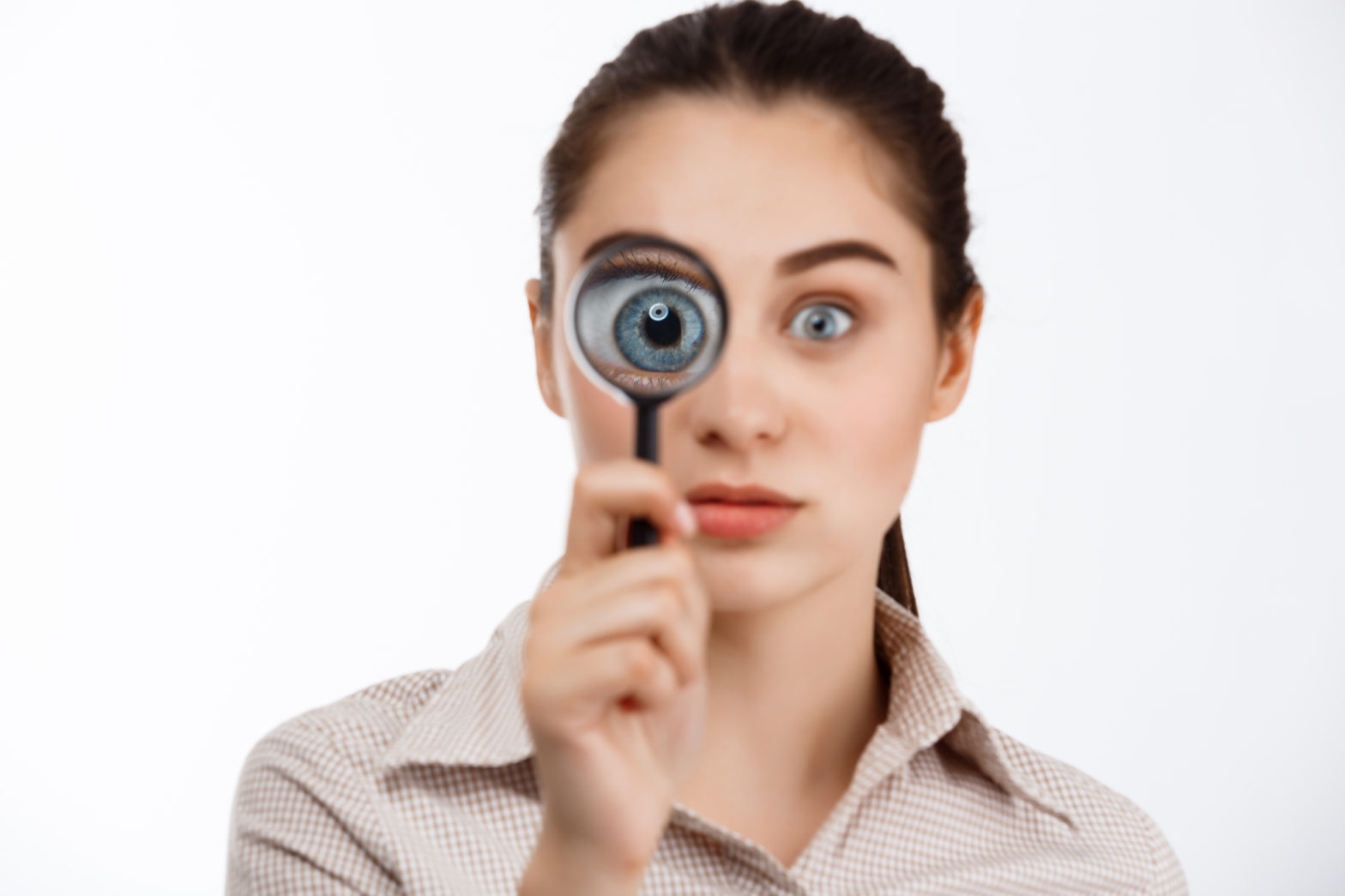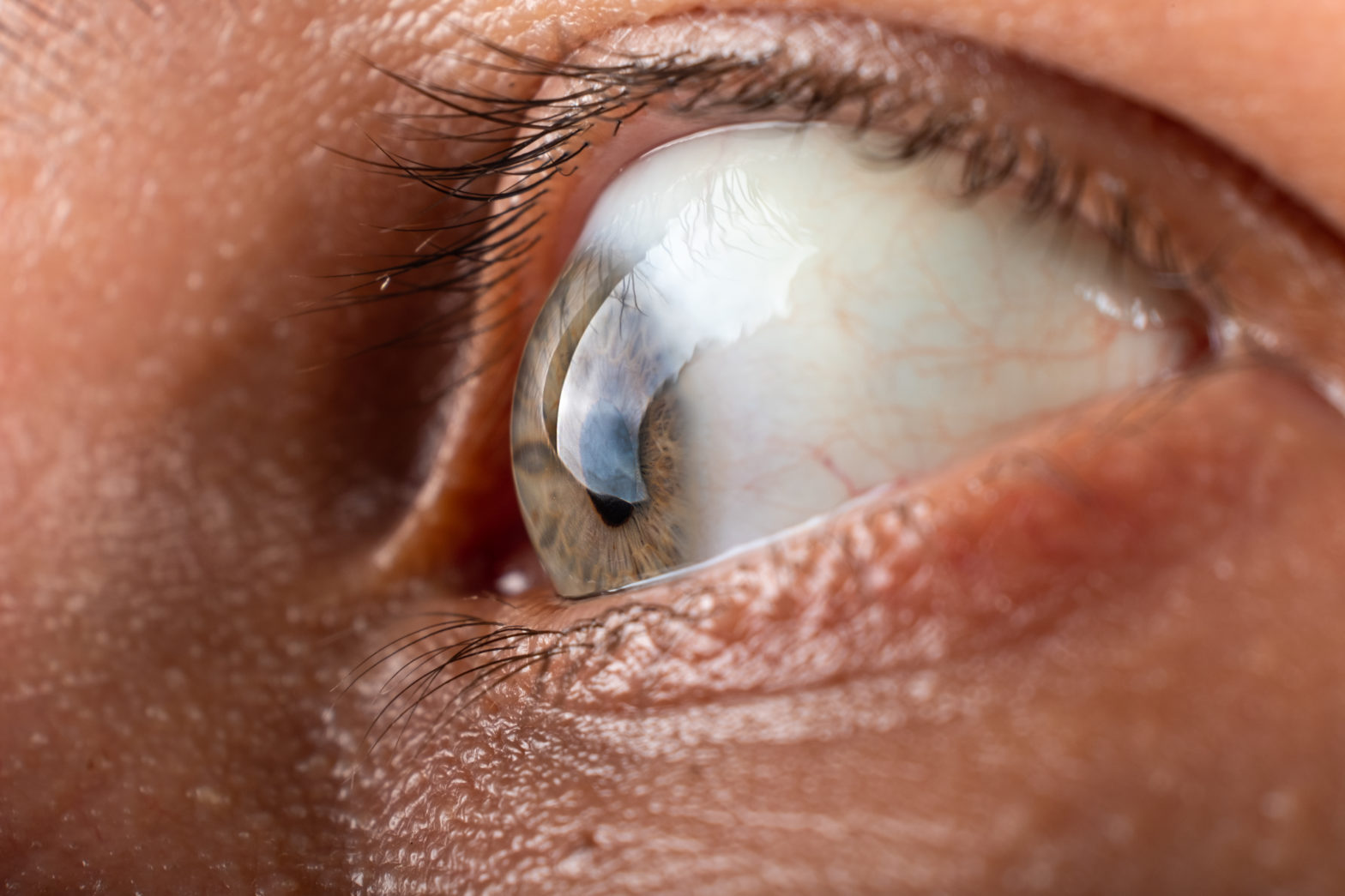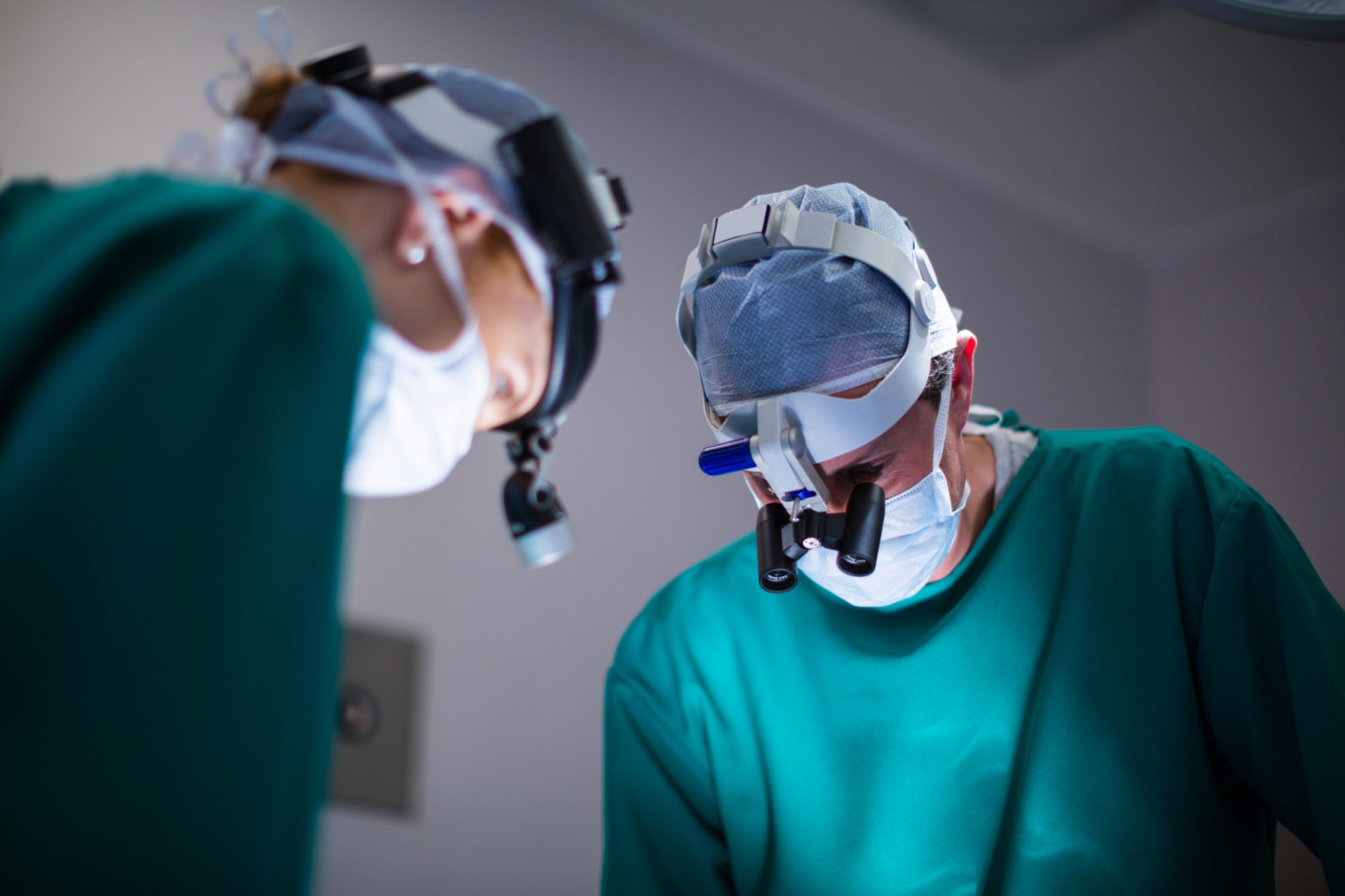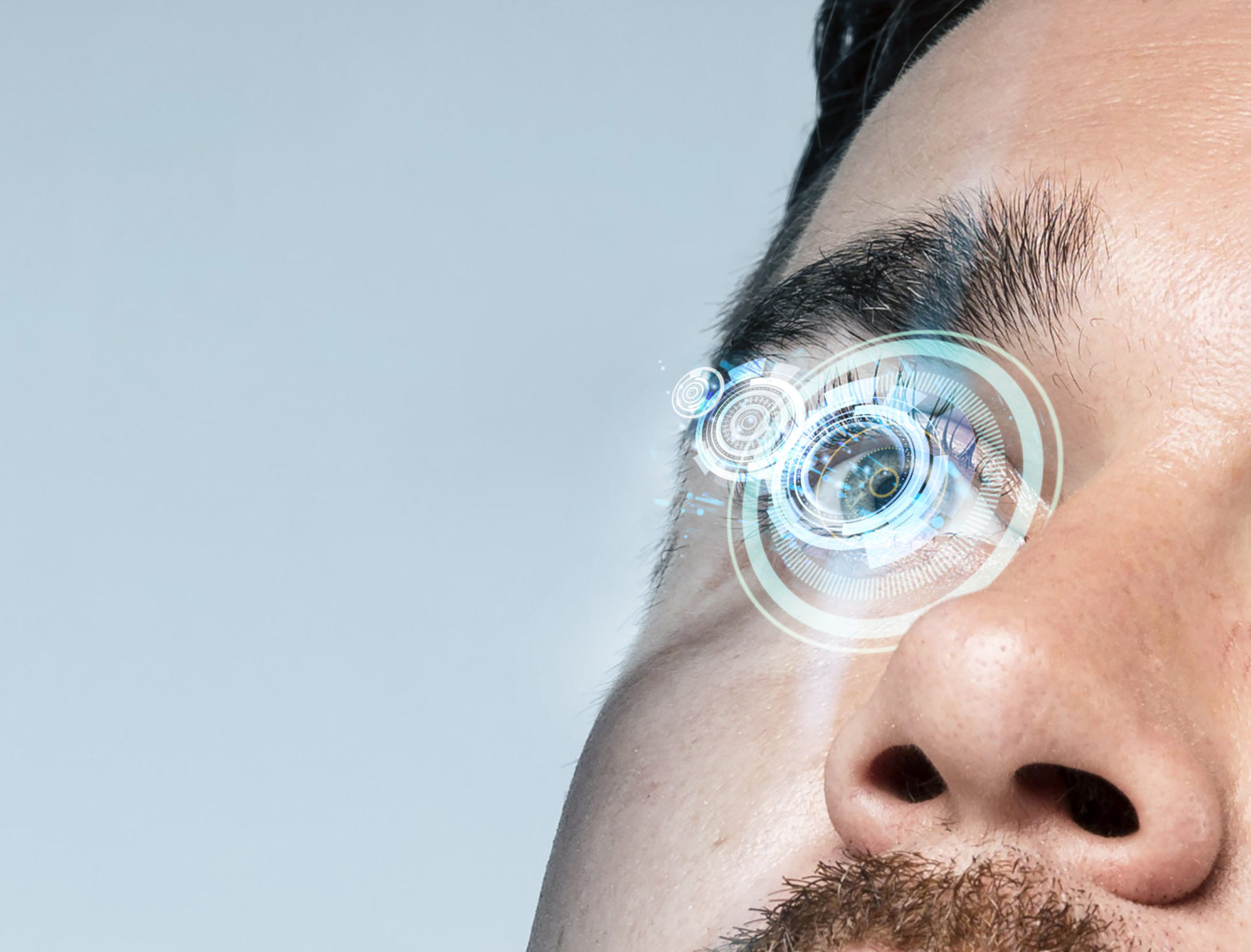You wake up in the morning with a hot cup of tea and grab your mobile to check your email. And then you remember that you’ve forgotten your glasses in the bathroom.
You get into your car. You reluctantly get your spectacles out to peer at the display on your car dashboard.
You’ve reached your workplace and get called to the Boss’s cabin. You realise that you can’t contribute much to the impromptu meeting, because well… your glasses are sitting safely on your desk!
Don’t you get irritated when your spectacles get in your way? Scientists have had a brain wave – Rather than having to wear your glasses to view your computer screen, what if your computer could wear your glasses for you? This is what the new technology of vision correcting displays are all about.
Scientists are developing a new technology for screens that automatically adjust an image on a display to cope with your spectacle power. This will be beneficial for those who require glasses for near sightedness, far sightedness, presbyopia or cylinder powers. This vision correcting display is also aimed at people who have vision problems due to eye diseases like cataract and keratoconus.
Researchers at the Massachusetts Institute of Technology (MIT) and Microsoft are collaborating with a team from University of California.
This new screen technology has a filter in front of the display that adjusts the image based on an individual’s spectacle numbers. Thus the rays of light that reach one’s retina (the photosensitive layer at the back of the eye) are well corrected as one’s glasses would do. While similar methods have been tested previously, this new approach for a vision correcting display produces higher contrast and sharper images.
There are still certain difficulties that need to be overcome. This technology works well for a single viewer, but currently doesn’t work for multiple people with different vision problems. Thus, it wouldn’t work for public displays like say, at a bus or train station. Secondly, the technique relies on keeping the focal length fixed and having the user to keep his eyes still. Solutions like softwares that track head movements and higher resolutions could provide solutions.
Until this technology becomes a reality, we would have to fall back on our good old glasses and contact lenses. If you too suffer from any eye problem like near sightedness, far sightedness, etc. book an appointment with one of the best eye specialists in Navi Mumbai at Advanced Eye Hospital and Institute near Vashi. AEHI is one of the most advanced and best eye hospital in Mumbai area of India having all eye super specialist eye doctors under one roof.
